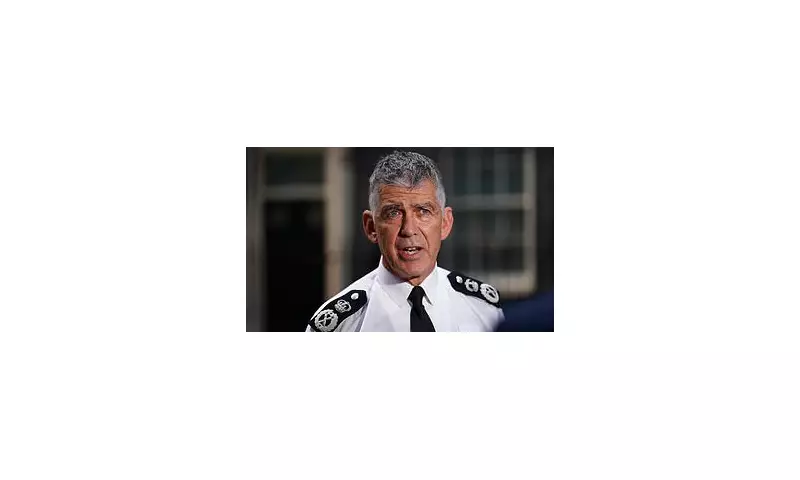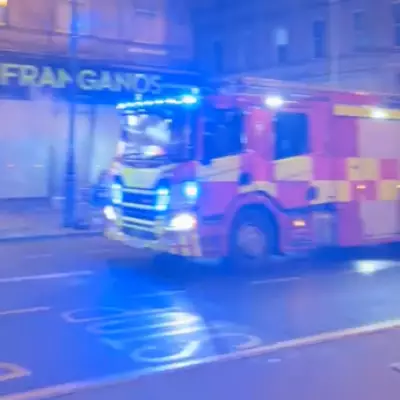
A senior police leader has issued a stark warning to forces across England and Wales: stop prioritising the logging of 'non-crime hate incidents' and focus resources on investigating actual crimes that affect the public.
The National Police Chiefs' Council (NPCC) lead for hate crime, Deputy Chief Constable Mark Hamilton, stated that officers are spending too much time recording incidents where no crime has been committed. This practice, he argues, is diverting valuable resources away from proper criminal investigations and undermining public confidence.
What is a Non-Crime Hate Incident?
These are reports of something perceived to be motivated by hostility or prejudice based on race, religion, sexual orientation, disability, or transgender identity, but which do not meet the criminal threshold. Despite not being a crime, these reports are logged on police databases, a practice that has sparked significant controversy and legal challenges.
Hamilton emphasised that while recognising hate crime is crucial, police must not be drawn into policing hurt feelings or offensive comments that fall short of unlawful behaviour. "We need to actually make sure we're investigating crime," he stated.
The Clash with Free Speech
This directive follows intense scrutiny and a landmark court case brought by Harry Miller, a former police officer. The Court of Appeal ruled that the recording of these incidents could have a "chilling effect" on free speech. The judgment found that the practice interfered with the right to freedom of expression, as people may fear expressing legitimate opinions for fear of being logged on a police record.
Hamilton's new guidance is a direct response to this ruling, aiming to rebalance police focus towards core policing duties and away from activities that infringe on fundamental liberties.
A Return to Common-Sense Policing
The new advice to forces includes several key points:
- Police should not be recording incidents as 'non-crime hate incidents' where the interaction is trivial or malicious.
- The focus must be on investigating actual crimes that have a real impact on victims and communities.
- Forces must consider the freedom of expression implications before logging any report.
This shift represents a significant move towards common-sense policing, ensuring that the public can have confidence that police resources are being used effectively to tackle crime and keep people safe, rather than monitoring legal speech.





